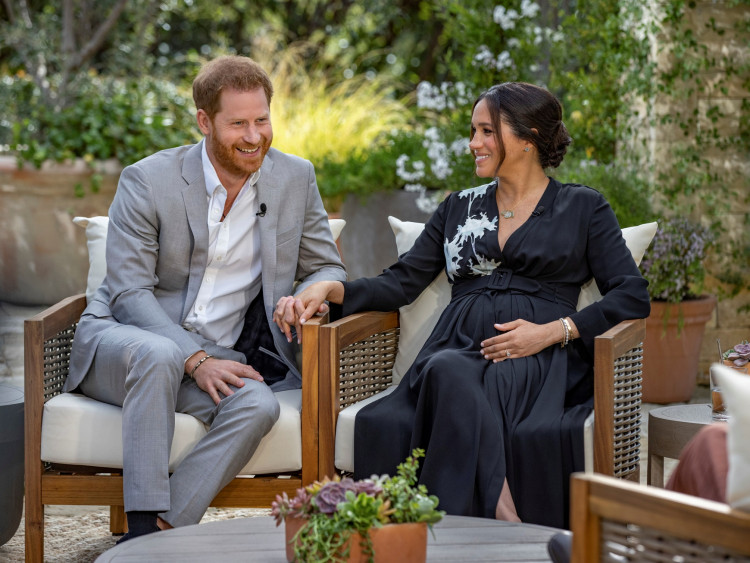The public image of the British royal family, long anchored in the idea of unity and British family values, has faced challenges recently, most notably from Prince Harry and Meghan Markle. Historians and insiders suggest that the Sussexes' candid revelations about their experiences within the palace have altered perceptions, sparking debates over the relevance and future of the "family monarchy."
Dr. Ed Owens, historian and author of After Elizabeth: Can the Monarchy Save Itself?, commented on the changing dynamics within the royal framework, "The Sussexes' candid admissions have undeniably challenged the long-standing narrative of a united monarchy that embodies British family values." He further noted on the Mirror's Pod Save The King podcast, "It's perhaps time to rethink the monarchy's family image. Charles knows from experience that the family's public image often doesn't align with its behind-the-scenes reality."
This sentiment echoes a broader trend in the British monarchy, where the idealized image of royal life sometimes contrasts with its realities. Prince Harry and Meghan's decision to step back from their royal duties and settle outside of Britain was a significant departure from the established norms. Their subsequent public disclosures, including Meghan's intimate conversation with Oprah Winfrey in 2021, provided insight into the challenges they faced within the palace walls. Meghan's poignant remarks to Winfrey highlighted a disparity, saying, "My experience over the past four years... it's nothing like what it appears."
Moreover, the legacy of King Charles III's reign, originally envisioned with the close support of both Prince William and Prince Harry, experienced a setback with the Sussexes' departure. Historians point out that Charles' aspirations for a united family front were visibly shaken by the split. "The early vision for Charles III's reign revolved around him being flanked by his two dedicated sons, William and Harry. But their decision to leave changed the course," remarked Owens.
The challenges to the royal family's brand aren't solely a result of recent events. Historically, Charles' own journey, including his tumultuous marriage to Princess Diana, contrasts with the enduring partnership of Queen Elizabeth II and the Duke of Edinburgh. Their 73-year-long union symbolized stability for many, further magnifying the differences in the subsequent generation.
Dr. Tessa Dunlop, another royal historian, reflected on these dynamics, "The Queen and Philip were the epitome of the family monarchy. Their bond, celebrated with the birth of Charles, solidified this image. But Charles faced immense pressure. His marriage to Diana, once a fairy-tale, became emblematic of changing societal values like the rising divorce rates and the challenges of public scrutiny."
As the royal family navigates these shifting sands, one underlying theme emerges: adaptation. With calls to modernize and adapt to contemporary realities, the monarchy may need to reevaluate its brand. Whether it's about redefining the "family monarchy" concept or embracing a new vision altogether, the House of Windsor stands at a crossroads, with the world keenly watching its next moves.






